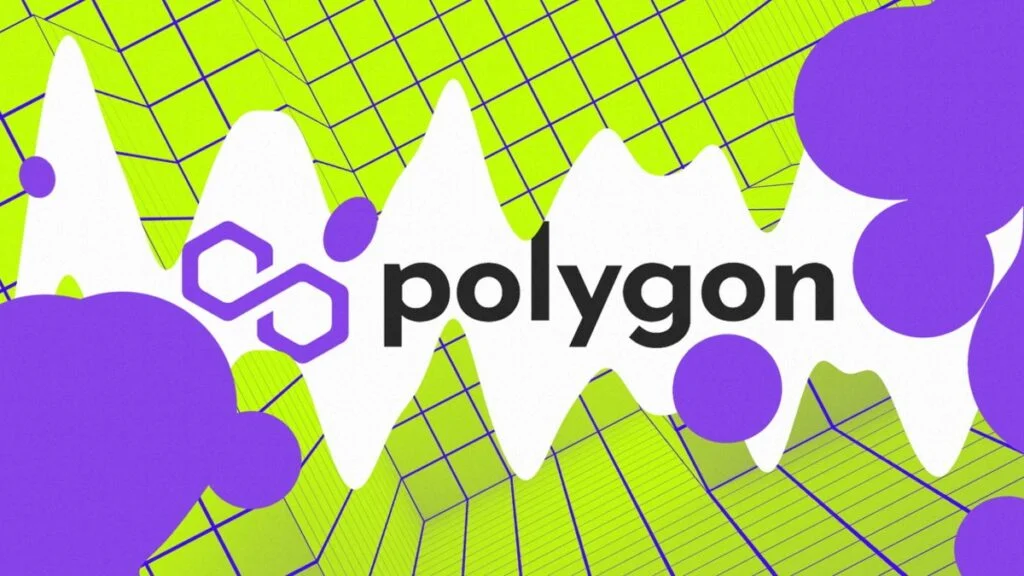Interoperability guidelines Rarimo and Polygon ID have teamed to make it possible to use their verified credential architecture on many blockchains.

Polygon ID, a system for verifying identities, and Rarimo, a tool that facilitates communication between various blockchains, have collaborated to make their identity-verification tools accessible across numerous blockchains, transforming Polygon ID into a multi-chain utility.
Prior to this, Polygon ID restricted identity checks to the blockchain where they were originally implemented. Users had to create a new ID for each blockchain because, for instance, you couldn’t use your Polygon ID on Ethereum (ETH).
However, thanks to this collaboration, IDs created on Polygon (MATIC) can now be used on Ethereum. It’s also anticipated that further blockchains like BNB Chain (BNB) and Avalanche (AVAX) will soon be added to this list.
Self-Sovereign Identity (SSI), a technology used by Polygon ID, enables organizations like banks or governments to issue crucial papers like diplomas or licenses.
These documents can be stored in individual digital wallets, and users can decide when and where to display them. Users can demonstrate their identity without disclosing sensitive information using a technique known as zero-knowledge proof.
The first and only system to use these zero-knowledge proofs for off-chain documents is Polygon ID, which was first released in March 2022 and made freely available in March of that same year.
This enables users to interact with on-chain dapps, or decentralized applications and submit their documents to smart contracts. These zero-knowledge proofs protect user information while confirming the document’s existence.
In the future, users will be able to easily use documents from various sources, both on and off the blockchain, across numerous systems and dapps, thanks to the collaboration between Rarimo and Polygon ID.
Additionally, it introduces the idea of a time in the future when consumers, rather than businesses like Meta and Google, manage their identities, making identity verification safer and more private.
